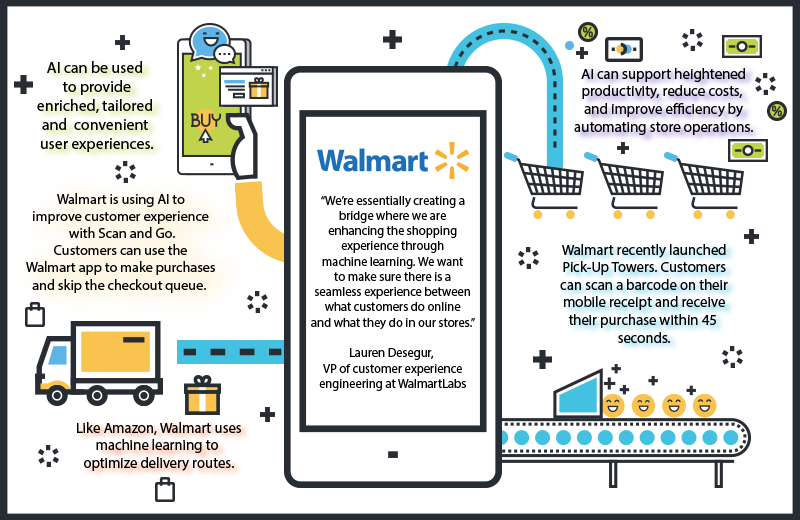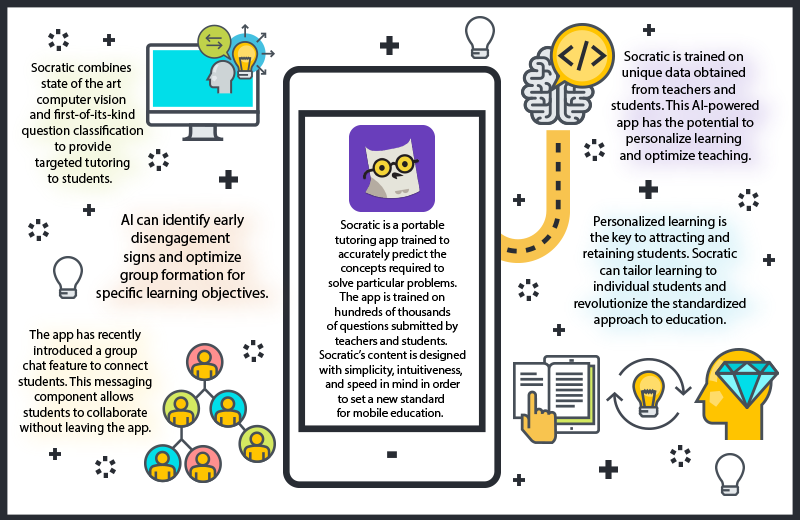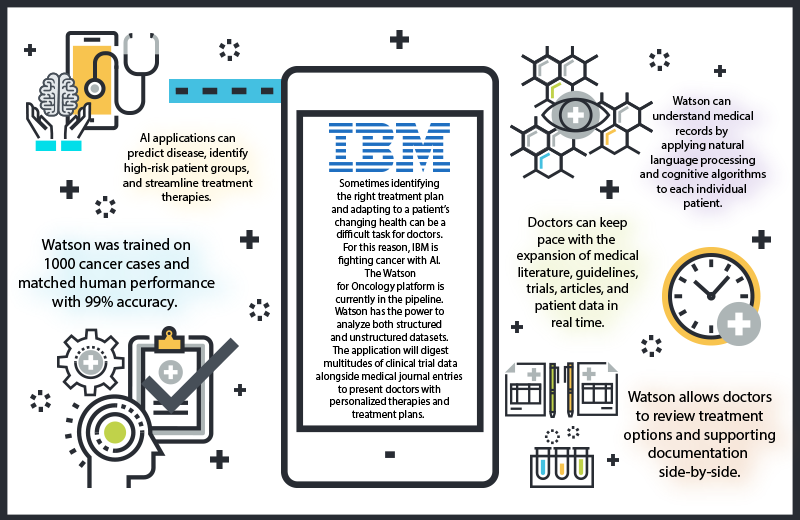The growing gap between artificial intelligence (AI) investment and adoption is a prominent topic for debate. Although there is evidence showing AI technology promises to benefit efficiency, productivity, automation, personalization, among other primary business concerns, there is still widespread confusion slowing down the application of data-driven business models.
Despite massive investments being poured into AI, the technology has yet to experience large-scale commercial support. Mobile applications are one of the most favorable areas for AI revolution, but businesses cannot seem to look beyond the potential challenges.
So, what exactly are the central concerns keeping AI from progressing past experimentation to mobile deployment?
Undetermined Business Case
Many organizations are slow to incorporate AI into existing mobile strategies because a compelling business case hangs in the balance. A 2016 survey conducted by Narrative Science highlights the haze surrounding AI adoption. Narrative Science reported that among respondents who have yet to deploy AI, 20% stated uncertainty about AI’s value proposition as the main reason for not adopting the technology.
Large, digitally mature organizations are more likely to have the employees with the technical skills necessary to understand a business case for AI investment. The truth is, many of the businesses that lag behind this digital trend do not have enough understanding about AI to maximize its full potential or see the ROI they’re missing out on.
Lack of Understanding
AI is an umbrella term that lacks a mutually exclusive categorization of human-like intelligence. The AI framework becomes increasingly clouded when applications intertwine several technologies to address particular problems. The definition of machine intelligence is dynamic and changes as people familiarize themselves with each stage of advancement. For this reason, some businesses cannot fully comprehend how to adopt an exclusive AI model.
Again, Narrative Science exposes the lack of understanding about AI application. The same survey reported that only 38% of respondents are currently using AI in their organization. However, 88% of the same respondent pool who said they don’t use AI contradict themselves by saying they use solutions that rely on AI application. Many organizations are using AI without even realizing it.
Early evidence shows that AI can deliver significant value to serious adopters and cause significant disruption in the mobile space. Take these brands for example:
These use cases show that AI has the potential to improve forecasting and prediction, automate workflows, fortify targeted marketing, and amplify personalization. As data becomes more readily available, the promises of AI continue to grow.
There Are No Shortcuts
Early adopters of AI like Google, Amazon, Apple, and Baidu all share several commonalities:
- Early AI supporters are already investing in similar technologies (cloud computing and big data) at scale.
- Large companies are investing in AI faster than their smaller business counterparts.
- AI adopters don’t focus on one type of technology, rather they invest in several AI tools that complement digital transformation.
- AI-driven innovation is motivated by growth potential rather than downsizing costs.
In short, those who have successfully implemented the technology are fully committed to growing their AI infrastructure. There is no shortcut when it comes to deploying an AI model, and many companies are hesitant to address the many digital and analytic elements required for successful implementation. The entire process requires identifying a business case, establishing and training a data ecosystem, investing in the appropriate hardware, as well as adapting the entire organizational workflow and culture.
Closing Thoughts
Regardless of the roadblocks, AI adoption is inevitable. AI applications are invaluable resources that have the potential to completely redefine mobile innovation. Gartner predicts that over the next few years, every app will incorporate AI to some degree. To that end, organizations should become acutely focused on determining a way to test, deploy and derive value from AI-driven applications.







